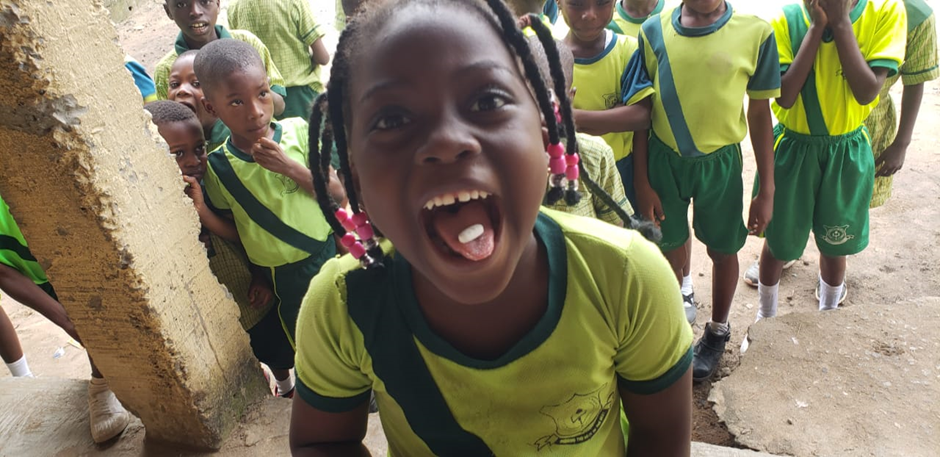…Urges Parents, Schools To Embrace Exercise
By Kelvin Obambon
All is now set for the flag off of the annual comprehensive state-wide, school-based deworming exercise to treat against soil-transmitted helminthiasis (STH) and Schistosomiasis (SCH) that are particularly common in children, the Paradise News has confirmed.
Speaking at a media parley with journalists at the NUJ Press Center, Calabar, on Tuesday, Pastor (Mrs) Veronica Mark, Neglected Tropical Disease (NTD) Coordinator, Cross River Ministry of Health, and Mr Toochi Ohaji, Senior Manager, Evidence Action, Nigeria, confirmed that the exercise will commence from Wednesday 24th to Tuesday 30th April, 2024 across 14 local government areas of the state.
They affirmed that “Globally, over 1 billion children are at risk of intestinal worm infections. In Nigeria, over 48 million school-age children require treatment for STH infection and 16.6 million school-age children require treatment for schistosomiasis. These infections, known as intestinal worm infections result from poor sanitation and hygiene conditions and tend to have the highest prevalence in school-age children.
According to them, “The infections can lead to anemia, malnourishment, and impaired mental and physical development—ultimately affecting children’s educational outcomes and income as adults if left untreated. These worms disproportionately affect the poor, who are less able to afford the costs of diagnosis and treatment. This will potentially increase the inequality gap that currently exists and derail the country’s development goals of equitable access to health and education.”
Read Also: Police arrest three suspected kidnappers in Nasarawa
Additionally, Toochi Ohaji explained that “Since 2016 in Nigeria, Evidence Action has been providing technical assistance to the Federal and Cross River State Governments on implementing school-based deworming for soil transmitted helminthiasis and schistosomiasis in the state, delivering treatment to over 600,000 children in both public and private schools annually.”
Continuing, Ohaji pointed out that “Treating at-risk children through schools is an evidence-based, cost-effective solution. Evidence Action as a partner fighting Neglected Tropical Diseases in Cross River state has been providing technical assistance in planning, capacity building, logistics, data collection and reporting, community mobilization, monitoring and supervision of the school deworming program for STH and SCH.”
He, however, informed that “School-based deworming is implemented by the Neglected Tropical Disease (NTD) program of the Cross River State Ministry of Health in partnership with the State Ministry of Education, State Universal Basic Education Board, and the State Primary Healthcare Development Agency. Evidence Action provides technical assistance to the state’s integrated NTD program. Deworming drugs are donated through the World Health Organization’s drug donation program.
“During this round of treatment in Cross River State, a total of 623, 828 school-age children will be targeted to receive Mebendazole tablets for the preventive treatment of STH and 173,000 will be targeted for Schistosomiasis treatment. About 1,000 health care workers will be trained to administer the deworming tablets in over 2,000 schools and 2,000 communities across 14 LGAs.”
The Senior Manager of Evidence Action, therefore, urged parents, schools and other stakeholders to ensure that children and wards that are between the age of 5 and 14 are presented for deworming in their various schools, adding that even out-of-school children can be taken to schools nearest to them for deworming. He concluded by saying that the deworming tablet that would be administered is safe.
